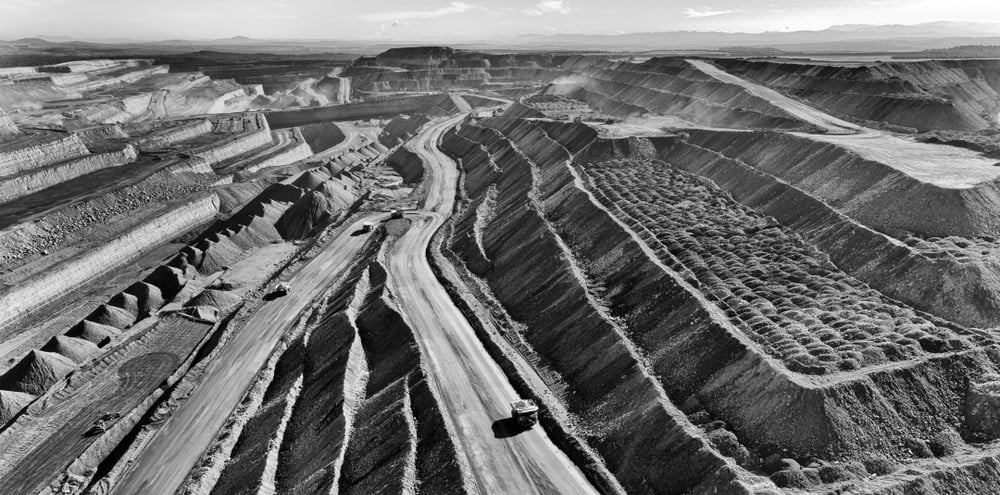How road management increases productivity and lowers operating costs for coal mines in wet weather

Mark Twain once famously noted: “Everyone talks about the weather, but no one does anything about it.”
He was right about the weather – and it’s been a huge topic of conversation across coal mines during an extended wet season along the east coast of Australia – however there IS something you can do about it. Or at least its after-effects on haul roads. It all comes down to more innovative road management.
Wet weather = worse haul roads = less coal on the deck
With expensive machinery and personnel standing around idle, the downtime caused by wet weather can quickly erode even the most successful coal producer’s profits.
This extended wet season and La Nina weather patterns necessitate coal mining companies being as resourceful as possible – to call on all their powers of innovation to do things smarter and more cost effectively.
Often, there isn’t a lot you can do during adverse weather conditions; poor visibility and other safety factors can naturally bring the haulage operation to a grinding halt.
However, the recovery period is a totally different ballgame.
Traditionally what happens when the torrential rain stops is the graders come out and grade the sloppy mess off the top of the haul roads in an attempt to dry them out and make them trafficable again.
The trouble with doing that is it leads to:
- Lost production time
- Loss of the best road surface material
- Increased cost of future works (eg. pulling the material back over the road once it’s dried, clearing out drains, and replenishing lost wearing course material).
This will invariably impact on your mining company’s bottom line; all of these processes take a lot of time and cost a lot of money.
Faster haul road recovery time = increased productivity (or more coal on deck)
Dust-A-Side Australia has proven that stabilised roads (especially those sealed with DASProduct, a patented emulsion of bitumen in water) dry substantially faster after wet weather than unsealed roads.
The reason for this is that the surface water sheds rather than pooling or being absorbed; therefore recovery is faster and you can start to ‘crank things back up again’ sooner.
However, products alone are not a magic solution.
The fundamentals of good road construction and ongoing maintenance must be incorporated. These include:
- Road camber to ensure that water is shed from the surface to the edges of the road, and
- Drainage to get the water away from the sides of the road and prevent it from soaking back into the sub layers of the pavement.
Of course all of this comes as standard under Dust-A-Side Australia’s holistic full-service haul road management service.
Waterproofing roads also helps reduce ongoing maintenance
Waterproofing roads not only leads to better productivity gains directly after wet weather, but they also reduce on-going haul road maintenance costs compared to unsealed roads…both during and after wet weather; thus lowering operating costs and helping you achieve lower cost per tonne.
This is due to the reduced washout of fines and good quality wearing course material, as well as reduced ingress of water into the sub layers of the pavement.
All of this results in less soft spots and potholing of roads – culminating in greater road maintenance cost savings.
So as these La Nina weather patterns continue, stop recovering roads the way you’ve always done it and consider an innovative approach to improving your productivity and reducing ongoing costs.
For more information and advice about utilising road management to increase productivity and reduce operating costs in the wet season at your coal mine, call 1800 662 387 and speak to one of our experienced engineers, or simply click here to contact us.



